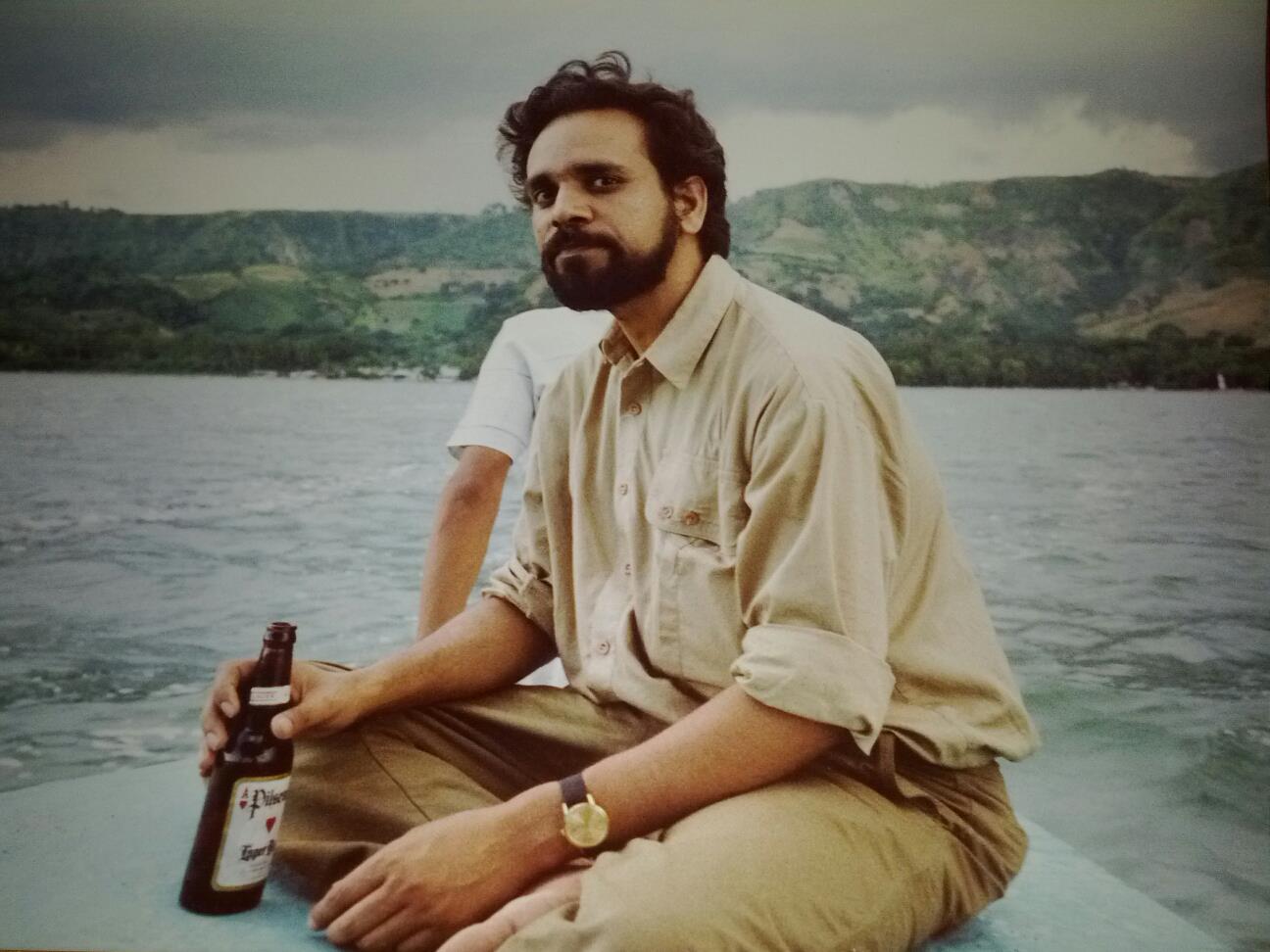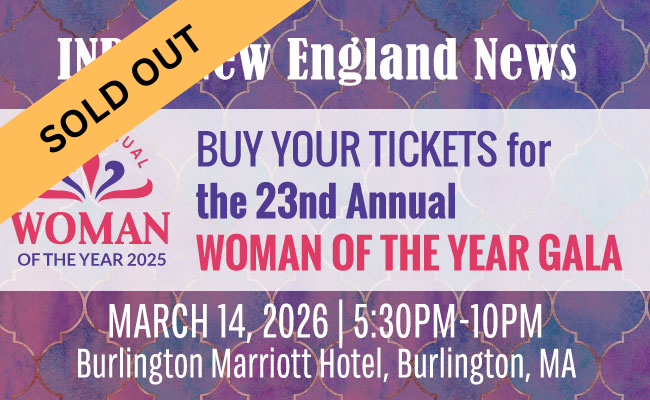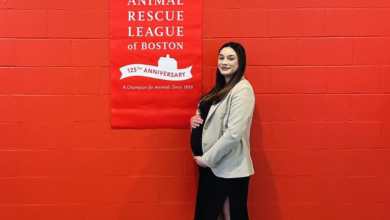Saved by the President’s Niece: Guns, Gods, and a Spiritual Odyssey Through War-Torn El Salvador: Memoir-28

By Upendra Mishra, Author of After the Fall and Precise Marketing
BOSTON — I have wandered through many countries, but few journeys etched themselves so deeply into my memory—or my soul—as my unexpected, chaotic, and strangely spiritual trip to El Salvador in the mid-1980s. A time when bullets were more common than birdsong, and trust had become a currency rarer than peace.

Back then, I wasn’t on official assignment with UPI. I was freelance, footloose, and perhaps foolishly fearless. Central America was convulsing with revolution, and every day’s headlines bled with the news of ambushes, disappearances, and bloodshed. The little country of El Salvador—only about the size of Massachusetts—was at the epicenter of this storm.
From 1979 to 1992, this nation of five million was plunged into a brutal civil war. Over 75,000 lives were lost in the fighting between a US-backed military regime and leftist guerrilla forces funded by Soviet interests. It was David vs. Goliath, except no one knew who wore which mask. Yet I was fascinated. I wanted to see the truth behind the headlines. I needed to witness it with my own eyes.
“Are you crazy?” a friend in Mexico City asked when I told him I was planning to go.
“No,” I replied, smiling. “Just curious.”
He chuckled nervously and said, “Well, if you do go… let me know. I might be able to help. I know someone—you won’t believe this—the niece of President Napoleón Duarte.”
It was the kind of connection that sounds like fantasy. A favor I never thought I’d cash in. But fate had other plans.
The Descent Into a War Zone
A few weeks later, with a two–way ticket and two addresses scribbled on a piece of paper—one of a friend I had met during a human rights workshop in Costa Rica, and the other of the President’s niece—I boarded a flight to San Salvador. I had little money, no hotel reservation, and only my stubborn curiosity as a guide.
The moment I landed, I knew I wasn’t in a typical Latin American city. The airport bristled with tension. Soldiers in olive uniforms paced the halls, their rifles slung low and loaded. As I handed my Indian passport to the immigration officer, his eyes narrowed.
“Indian?” he asked, suspiciously.
Moments later, I was escorted into an interrogation room. For four hours, armed officials questioned me—harshly, coldly, repeatedly. They had never seen an Indian pass through this airport, and in those days, every unknown traveler was a potential spy. In their eyes, I could have been a Soviet agent in disguise, given India’s close ties with the Soviet Union.
Exhausted, hungry, and heartbroken, I sat in that concrete room as they debated whether to deport me to Mexico City or Panama. My Salvadoran dream was slipping through my fingers.
Then I remembered the note in my pocket—the number of the President’s niece. It was a long shot, but in a moment of desperate hope, I asked to make one phone call.
The Call That Changed Everything
The officer hesitated, then pointed toward a dusty phone at the end of the hallway. I dialed the number, and to my astonishment, she answered.
Her voice was warm, poised, and just curious enough to ask, “You’re Indian? And they’re sending you back?”
I explained everything. She paused. “Wait there. I’ll take care of it.”
Fifteen minutes later, the same officials who had grilled me walked in like scolded puppies, full of apologies and forced smiles. “We’re sorry, Señor,” one said. “We didn’t know you were a friend of the President’s family.”
They offered me food, drinks, and even a hotel room—but I had neither the energy nor the funds to indulge. Instead, I asked if they could drop me off at a Hare Krishna temple I had heard about, next to the US embassy.
They agreed. And that 40-minute military-escorted drive through the dark streets of San Salvador was surreal. Tanks rumbled through intersections. Soldiers manned barricades under flickering streetlights. Helicopters thundered overhead. It felt like stepping into a war film—only this was real.
From Interrogation to Incense
The Krishna temple was a haven of calm in a city that never slept in peace. The devotees there—local Salvadorans who had embraced Indian spirituality—greeted me like a long-lost brother. They were overjoyed to see a “real Indian,” and without hesitation, offered me a place to stay.
Just when I thought I could finally rest, a knock came at my door at 4:00 a.m.
“Bhai-ji,” a voice whispered, “it’s time for pooja. You must lead us.”
Me? Lead a pooja?
But how could I say no? I had grown up in a traditional Brahmin family in India, where morning and evening rituals were second nature. And besides, how would they know if I skipped a mantra or invented a sloka?
I washed, changed into the kurta-pajama I had packed, and walked into the temple. Incense swirled in the air. Harmoniums and tablas waited silently. I began the ceremony with soft chants of Hare Rama, Hare Krishna, layering in Sanskrit verses I remembered from childhood.
The air soon filled with singing, clapping, and Spanish-accented chants of Krishna’s name. The devotion, the energy, the innocence—it was overwhelming. I was thousands of miles from home, yet I had never felt more connected to my roots.
After the ceremony, the devotees gathered around me, asking questions about Krishna, Vrindavan, Mathura—the mythic geography of Indian spiritual lore. They had never been to India, but they spoke of Krishna with an intimacy that humbled me. They didn’t just read about him. They loved him.
In that moment, I felt the invisible strings of faith weaving continents together.
Life Amidst Gunfire
The next day, I reached out to my old friend from Costa Rica. He was overjoyed to hear from me and insisted I stay with him. His family welcomed me with warmth and laughter that defied the country’s grim headlines.
He took me on a tour of San Salvador—its volcanic lakes, colonial churches, and bustling markets. We passed through military checkpoints, but life continued to bloom in every corner. People still fell in love, danced salsa, ate pupusas with fingers stained by spice, and found joy in the tiniest pleasures.
El Salvador was bleeding, yes. But it refused to die.
The First Kiss of the Ocean
One day, the President’s niece called again. “Would you like to visit the beach with us?” she asked.
Would I? I had never seen the ocean before—not in real life.
Growing up in Uttar Pradesh, the sea was a myth to me. A moving blue poem I had only read about in geography books. I had dreamed of waves, but never touched one.
That day, on El Salvador’s Pacific coast, the dream came alive. I stood barefoot as warm waves lapped at my feet, salt kissing my skin. I laughed like a child. The war, the fears, the borders, all dissolved into the horizon. I was no longer a journalist, nor a foreigner. I was just a man meeting the sea for the first time.
El Salvador taught me more than I could have imagined. That even amidst war, beauty survives. That faith knows no nationality. That kindness, like karma, always circles back.
And that sometimes, all it takes is one phone call—to change your story entirely.
Stay Tuned for Memoir 29: Encounters with Indian dignitaries in Mexico City—from President Giani Zail Singh to Rajiv Gandhi, Madhavrao Scindia, Sheela Kaul, Ghulam Nabi Azad, and Balram Jakhar.
(Upendra Mishra is the author of After the Fall: How Owen Lost Everything and Found What Really Matters and Precise Marketing: The Proven System for Growing Revenue in a Noisy World. He is managing partner of The Mishra Group. Learn more at www.UpendraMishra.com)





